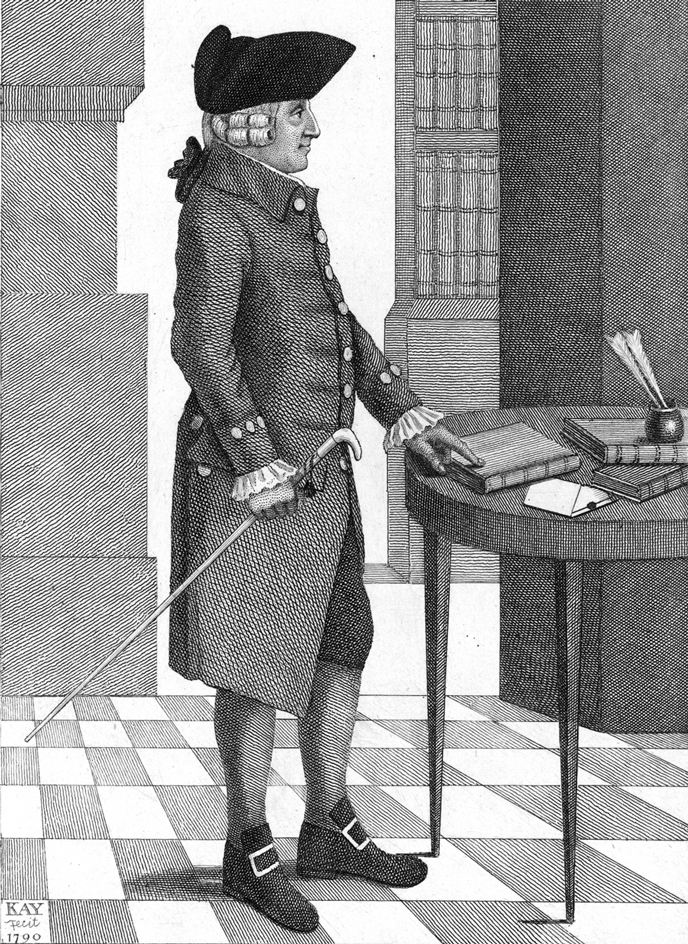Smith, Adam (1723-1790), is generally regarded as the founder of modern economics. His major book was The Wealth of Nations (full title: An Inquiry into the Nature and Causes of the Wealth of Nations). Published in 1776, it was the first complete work on political economy. The book discusses the relationship between freedom and order, analyzes economic processes, and attacks the British mercantile system’s limits on free trade (see Mercantilism ).

The book dealt with the basic problem of how social order and human progress can be possible in a society where individuals follow their own self-interests. Smith argued that this individualism led to order and progress. To make money, people produce things that other people are willing to buy. Buyers spend money for those things that they need or want most. When buyers and sellers meet in the market, if competition is allowed to work, a pattern develops that results in social harmony. Smith said that all this would happen without any conscious control or direction, “as if by an invisible hand.”
Smith believed that the value of goods was determined primarily by the cost of production—that is, the cost of labor, land, and capital. He identified specialization, or division of labor, as the basic factor in creating wealth. Specialization means that different workers concentrate on the specific jobs they are best fitted to perform. Smith said that wages depended on the productivity and basic needs of workers, and rent on the productivity of land. Profits, he said, were the difference between selling prices and the cost of labor and rent. Smith said profits would be used to expand production, thus creating more jobs.
Smith believed that free trade and a self-regulating economy would result in social progress. He criticized tariffs and other limits on individual freedom in trade. He preached that government need only preserve law and order, enforce justice, defend the nation, and provide for a few basic services that could not be met through the market. His argument for a “hands off” government policy toward business, along with his analysis of economic forces, formed the basic ideas of economic liberalism. See Liberalism ; Capitalism .
Smith’s exact date of birth was not documented. He was baptized on June 5, 1723, in Kirkcaldy, Scotland. He studied at the University of Glasgow and Oxford University. In 1751, he became a professor at Glasgow. Smith’s philosophical work The Theory of Moral Sentiments (1759) gained him an appointment in 1764 as tutor of the young Duke of Buccleuch. The tutoring took Smith to France, where he started writing The Wealth of Nations. When Smith returned to England in 1766, the duke’s stepfather provided Smith with a regular income. Smith then retired from teaching and devoted the next 10 years of his life to writing. He died on July 17, 1790.
